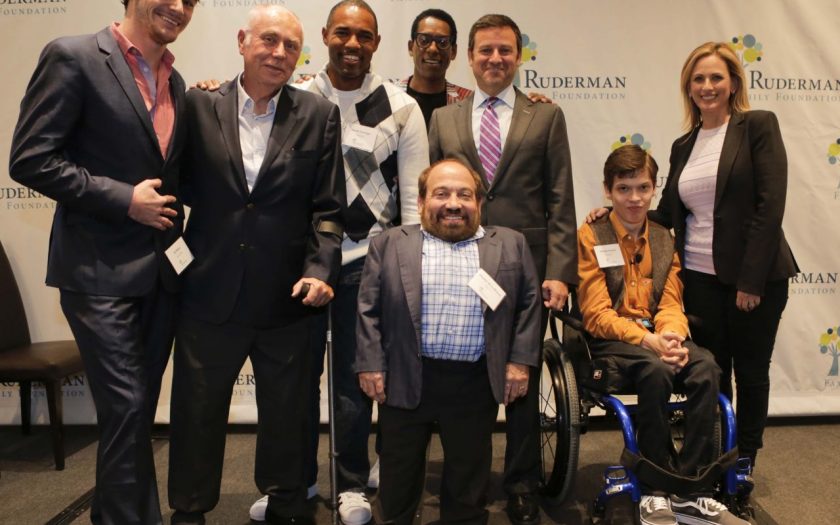“A very traditional play doesn’t suit everyone.” Josh Hepple is a law graduate with severe cerebral palsy who acts a disability campaigner at the Edinburgh Festival Fringe. “But then how do you make someone care about accessibility? You can’t teach empathy.”
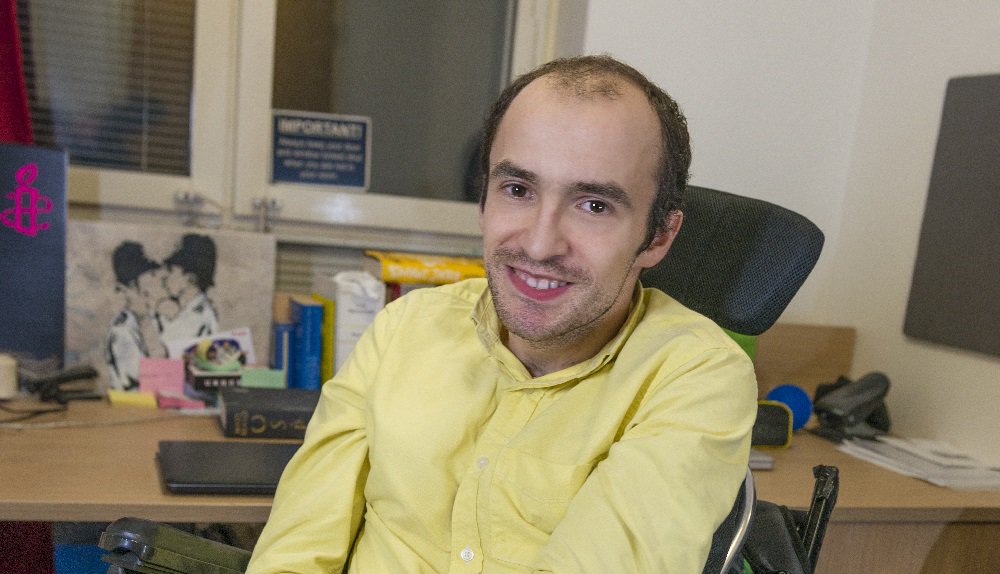
But we should care! There are 13.9 million people identifying as disabled (in one way or another) in the UK.
Here at Disability Talk we believe in the ‘social media model of disability’ which says that a disability is caused by the way society is organised rather than a person’s impairment or difference.
Accessibility in the theatre can mean many things .. but two mostly spring to mind. And that’s on stage – and off stage.
On stage we still see disabled people in a minority of roles – where it seems that being disabled counts against the actor .. when often it should count for.
Hollywood Actress and regular contributor to this website Eileen Grubba was very passionate in why, with her disabilities, she feels she has so much to offer.

Eileen Grubba
“Because of my own disabilities I have a depth that I don’t think a whole lot of people really truly understand. They might think they do, but until you’ve lived most of your life in the kind of pain that would drop most people, and dealt with cancer, and faced rejection after rejection and absolute humiliation at the hands of so many people, the depth that I’m talking about is so rich and scary, that I don’t think a whole lot of people can manufacture that level of emotion as completely and as deeply. That’s what these challenges do to you. They make you unique, edgy and absolutely reliant.”
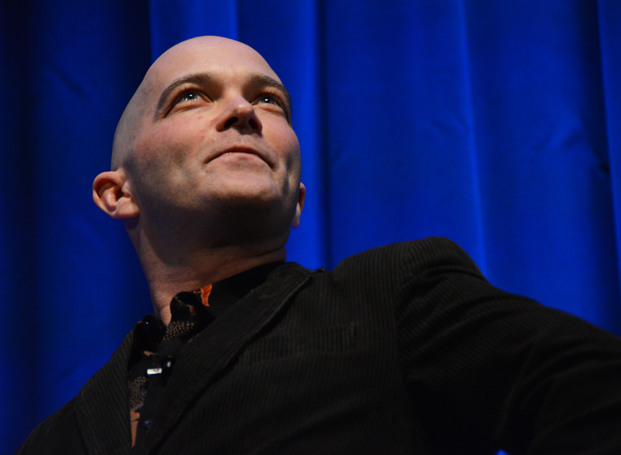
Howard Sherman
“”There was a time when people with unique disabilities could make a living because of their disability. But the idea of looking at people with disabilities became socially unacceptable.”
And then there’s off stage – actual physical accessibility.
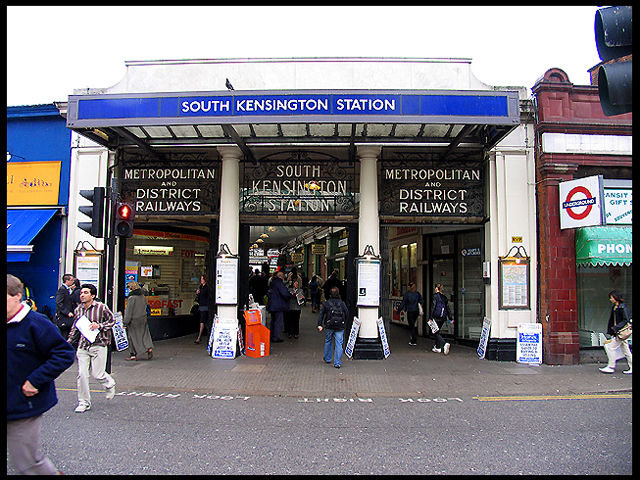
If you’re on the tube (District, Circle or Piccadilly line) and the next station is South Kensington, you will hear this pre-recorded message.
“Alight here for the Museums and the Royal Albert Hall”
Except if you have mobility problems or are in a wheelchair! It’s not step free and there are no lifts. So an area so rich in culture (Science, Natural History and Victoria & Albert Museums) has no train links for disabled people.
And in the theatre, especially the small fringe theatres, there are some of the most inaccessible public spaces possible.
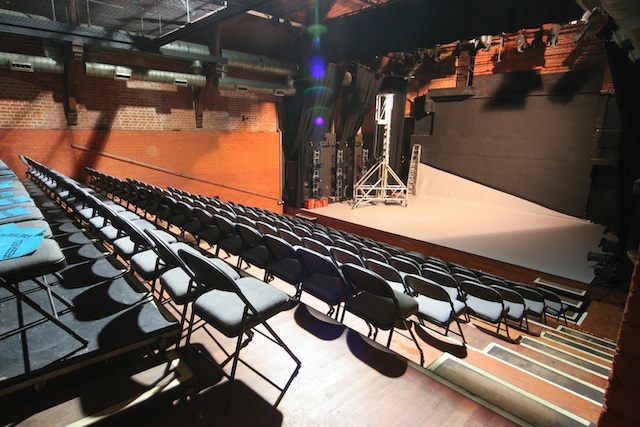
We acknowledge that funding is the major problem – but as this website has often pointed out (and we put our hands up because it’s the cynical view) the pink pound is worth over £250bn so why aren’t our commercial enterprises doing more to reach out to everyone?
On stage – and off stage .. it’s about time that we started to make our voices heard.

